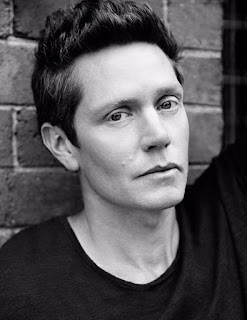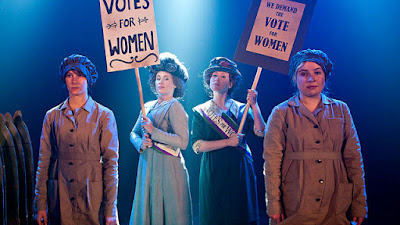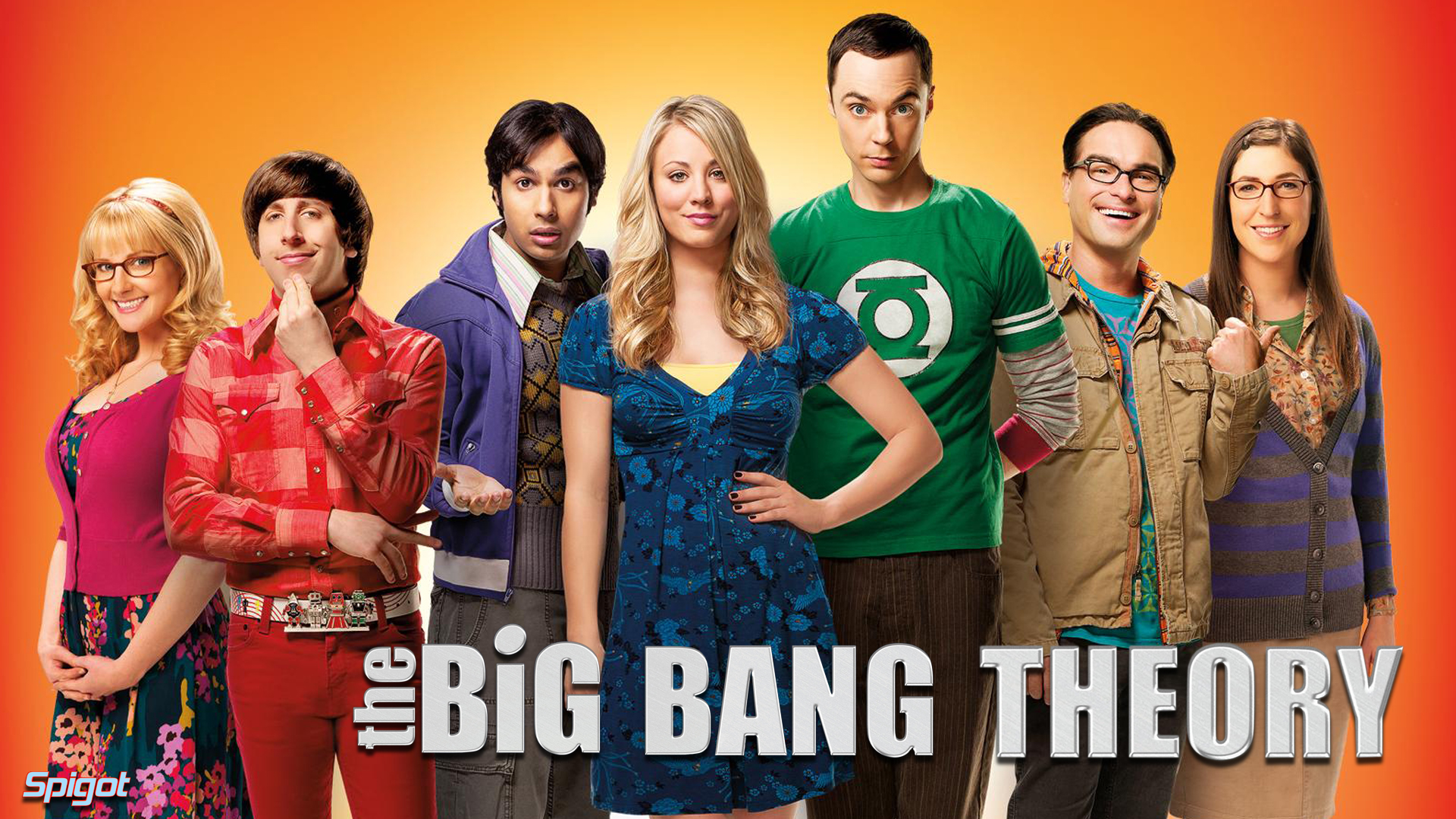 |
| Trowel, common tool for an archaeologist |
 |
| Essie Davis Photo: Rachell Smith, United Agents |
 |
| Nathan Page, Photo: Sam Mcadam-Cooper |
The TV series is unbelievably beautiful and the clothes are to die for. However, it still sometimes fall short in regards to the plots. That is not why I watch the show and love it. I love it because of the world it builds up and the characters who populate that world. My view on the show is actually pretty much the same as Essie Davis. In an interview she did with David Stephenson back in 2014, she said that the show is structured like a murder mystery. However, it is much more about the world it creates (each episode is a new one) and the rather mismatched family Phryne Fisher creates around herself. This is exactly why I do love the show and which is why the flimsy, sometimes illogical plots filled with plot holes do not matter at all.
 |
| Horrible Histories Suffragettes |
My second largest favourite at the moment is the British, sketch show Horrible Histories. I know it is aimed towards children, but it is just as funny and entertaining for adults. I love the idea of using humour to get people interested in the past. Learning does not need to be boring. I also love that the show (I have not read the books that the show is based on.) really gets you interested and encourages you to look things up for yourself. It also has the most historically accurate portrayal of the Tudor dynasty in popular culture. I do have some problems with most of the Stone Age sketches though.
 |
| Human skull on stick from the Mesolithic settlement Kanaljorden in Motala, Sweden. Photo: Fredrik Hallgren, KM |
The Stone Age, especially the Paleolithic (older Stone Age) and the Mesolithic (middle Stone Age) was a long time ago (The dates varies a bit in different parts of the world, but to go by Wikipedia the Paleolithics are estimated to have lasted between 2.6 million and 12 000 years ago and the Mesolithics 12 000 and 5000 years ago.) and our knowledge about the time period is also extremely fragmented and new archaeological find can turn everything upside down entirely.
To understand the image of the Stone Age one also needs to know some things about the research history of it. Historical time periods are constructions of scholars in later years (mostly the 19th century). While other time periods were created to be the ancestors of the Western nation states, the image of the Stone Age was considered to be humans in a less evolved state. The model for the Stone Age humans were actually non-westerners like Native American and Aboriginal groups of the Americas and Australia who Europeans met through colonial encounters. This makes the Stone Age people not only be separated from us in time, but also in space. They were not supposed to be "us", but something else.
 |
| Simon J Berger |
The fact that Horrible Histories actually uses a traditional way to depict the Stone is lamentable. It justify and even enhance the picture of a regressive time period inhabited by "creatures" far away from ourselves. There are some exceptions to this however. For example the sketch I talked about in the entry I linked to above.
 |
| Ola Salo |
There are also some examples where directors have achieved status as "legends" for previous works. This seems to have led to no one daring to criticise them in their next productions. At least not until the films have had prèmiere. As you might have guessed, I am mostly thinking about George Lucas in regard to the Star Wars prequels and Peter Jackson's Hobbit films. In fact the need to discuss this topic has also a little to do with me discussing the Hobbit films with a Lord of the Ring loving friend who started defending the decisions Jackson made while doing them.
I love the Lord of the Rings films and I can see them over and over. I also love the Hobbit book. I do not really see it as this huge fantasy epos that the Lord of the Rings books and films are though. It is an adventure story aimed mostly towards children and that is what I think should be reflected in the film version too (Same goes for the new Narnia films by the way.). The Hobbit films also suffer from the same problem that the Harry Potter films do: It focuses on the wrong things and does not really advance the main plot most of the time.
The Harry Potter franchise is actually very interesting in relation to the topic of this entry. The Harry Potter fans tend to not have any problem with finding flaws about just about everything about the Harry Potter universe. They are also not afraid to share their view with others, which leads to rather interesting discussions among the fans I can tell you. Most of the fanbase also seems to have totally dismissed The Cursed Child and no wonder since it goes against pretty much everything the original books stands for! I am not a fan of the films either. For example I have no idea how they could turn one of the darkest books (Harry Potter and the Half Blood Prince) into a romance, but that's just me.
 |
| Cecilia Vasa, Princess of Sweden |
In his interview with Sherri Rabinowitz for her podcast Chatting with Sherri in October last year, Nathan Page talked about how his family prevents him from going into a bubble whenever he is doing a play. Even though I do not do plays, I can understand the bubble. Dealing with a research project or an excavation tend to consume you quite a bit and nothing else really seem to matter. Even if it is a wonderful feeling at the time, it can be dangerous. Not least since you can burn yourself out. As a researcher I also find it very important to be critical both to your own subject and to the research tradition that comes with it. As I have already said above, archaeology is a subject with its roots in a Western colonial tradition and the research has from time to time been rather biased and nationalistic. Therefore it is very important to remain critical towards the whole research field.
 |
| Gamla Uppsala, Sweden |
So to sum everything up and answer the question asked in the title of this entry: Yes, you can and you should critise the things you love. It keeps you grounded in reality and also your feelings for it can deepen because of it.
Sources:
David Stephenson's interview with Essie Davis (2014)
Sherri Rabinowitz's interview with Nathan Page from her podcast Chatting with Sherri (21 of October 2016).
The photo of Essie Davis was borrowed from United Agents webpage and was taken by Rachell Smith.
The photo of Nathan Page was taken by Sam Mcadam-Cooper as part of their ongoing collaboration.
The picture of the Horrible Histories Suffragettes did I take from Tumblr.
The photo of the skull from Kanaljorden in Motala, Sweden was borrowed from Stiftelsen Kulturmiljövård
The picture of the Swedish Harry Potter book covers were borrowed from here.
The photo of Simon J Berger was borrowed here. I have no idea who the photographer is, because it is not included on the webpage where I found it.
The photo of Ola Salo is from frontface.se.
The photo of Cecilia Vasa is from Wikipedia.






